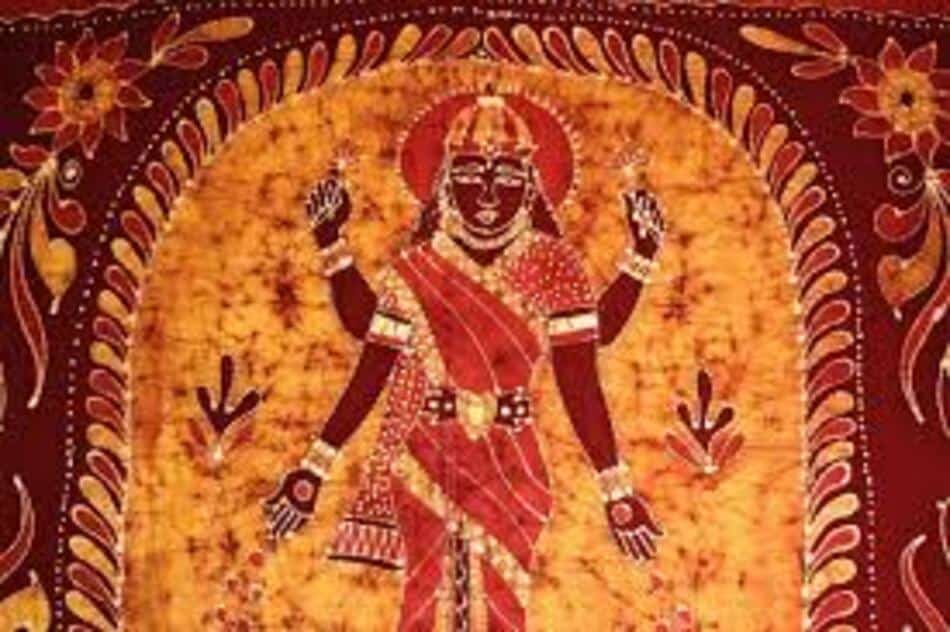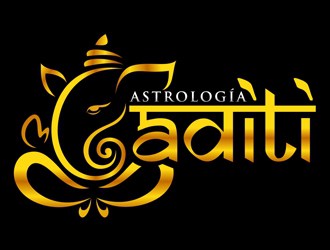
Astrology has existed in one form or another throughout all cultures for many thousands of years as a model of the close relationship between the human being, the world that surrounds him, and the Divine. In India Astrology has been preserved as a form of spirituality and a way to connect and to revere the forces of the Universe.
Vedic means of the Vedas.
Veda means knowledge. In particular, it refers to the knowledge of the truth that applies to the mysteries of existence. The Vedas are a repository of knowledge that is made up of spiritual Hymns that originated in the ancient culture of what is now called India. These are not hymns that are sung in a congregational setting in a house of worship. Rather they are a narrative story in poetic form, similar to Homer’s The Iliad.
The Vedas were written towards the end of the Age of Wisdom (Sat Yuga) and with the intention of preserving the wisdom gained in this most enlightened time in human history. The ancient sages of India weren’t the only ones to have this hidden knowledge. The Egyptians, various indigenous peoples of the Americas, the Druids, the Sumerians, and the Akkadians, to name a few, also possessed at least some aspects of it. However, it was the people of ancient India who best preserved this knowledge.
The interpretations of Vedic Astrology can offer you a lot. They are based on observations of the planets, constellations, and stars in the sky at any given time. These positions of the planets are not arbitrary. They have not been chosen at random, but correspond to verifiable planetary positions.
Vedic Astrology and Western Astrology
We could suppose that there is only one Zodiac for all Astrology practitioners and consultants. This is because it would seem to be a very simple thing to go out and see the constellations with our own eyes. But it is not the case that there is a unified Zodiac. Instead there are two major Zodiacs used – Vedic Astrology and Western Astrology – and several other minor ones. With this, there are two ways to calculate the positions of the planets. This is one of the main differences between Vedic and Western Astrology.
Most Vedic astrologers use the Sidereal Zodiac to locate the positions of the planets in relation to the constellations or stars. These landmarks, the constellations, do not change over long periods of time.
Western astrologers use the Tropical Zodiac, which takes into account the seasons of the year (spring, summer, fall and winter). This depends on the relationship between the Sun and the Earth. In this zodiac, the beginning of Aries corresponds to the day of the spring equinox, between March 20 and 21 of each year.
Two thousand years ago the sidereal and tropical zodiacs coincided. The beginning of the Tropical Zodiac in Aries was the same as the beginning of the Sidereal Zodiac. However, precession of the equinoxes has caused them to drift farther apart. It will take approximately 24,000 years for them to coincide again. For a more detailed explanation, I recommend my article on the relationship between Astrology and Astronomy .
.
If we do an Internet search for the star Antares, Astronomy (and Vedic Astrology) places it in the center of the constellation Scorpio. However in the Tropical zodiac, Antares is located in Sagittarius. But if we observe the sky at night, and we identify Antares in the sky, it will indeed be in the constellation of Scorpio.
There is no use in debating whether one zodiac is better than the other. An honest assessment would reveal that both have strengths and weaknesses. We only will mention the main differences between Vedic Astrology and Western Astrology.
In the West, what people generally know about Astrology is the sign in which their Sun was located at the time of their birth, according to the Tropical Zodiac.
For example, if someone was born on March 25, then their zodiac sign is Aries. This is because the Sun on that day of the year in the Tropical Zodiac is in Aries. This makes it convenient for everyone to check their horoscope in magazines or newspapers.
In the Sidereal Zodiac, which takes into account the location of the planets and luminaries in relation to the constellations, the Sun on March 25 is in Pisces. However, this is not the end of the story. Vedic Astrology goes one step further and uses the study of the natal chart to identify your ascendant sign.
The Ascendant Sign
The ascendant is the constellation that was on the horizon at the time of your birth. Therefore, the time of birth is extremely important for conducting a study in Vedic Astrology.
The Ascendant changes approximately every 2 hours, due to the rotation of the Earth on its axis. So people born on March 25 conceivably could have as their ascendant any of the 12 signs of the zodiac, depending on the time of day that they were born. Determining the ascendant sign therefore is dependent on the day, time and place of birth. Many people do not identify with their Sun Sign of the Tropical Zodiac because it does not have this level of precision.
Vedic Astrology in your life
The Astrology of India is part of the great Vedic knowledge, a knowledge that has survived thousands of years. Its 3 main branches are Ayurveda (the system of natural medicine), Yoga (the practical application of all Vedic teachings) and Vedic Astrology (the science of the spirit and its influence on matter). Vedic Astrology is an essential tool of Indian spirituality and should not be considered as a simple instrument to know the future.
Generally people approach Astrology at times in their lives when they go through problems that other more traditional ways to solve them seem to have not worked.
Vedic Astrology can provide you with valuable information that you can use to know yourself on a deeper level, and to help you understand the life lessons you might be experiencing. Vedic Astrology also can inform you about possible difficult situations you may encounter in the future and provide you with advice to alleviate karma or give you strategies to better deal with a difficult period that is coming.
Vedic Astrology is the science of karma . The help that we can obtain, received through meditation, the practice of mantras, prayers and charity, gives us the opportunity to trace a path full of good works. This allows us to avoid the confusion associated with the harsh trials of life that can appear due to karma because we were not aware of the consequences of our past actions.
. The help that we can obtain, received through meditation, the practice of mantras, prayers and charity, gives us the opportunity to trace a path full of good works. This allows us to avoid the confusion associated with the harsh trials of life that can appear due to karma because we were not aware of the consequences of our past actions.
The purpose of Vedic Astrology is to serve as an instrument for the spiritual connection of the human being with the Divine.
Astrología Aditi
Astrología Aditi was founded as a way to make Vedic Astrology known, as a science and an art that makes us get closer to ourselves and understand our place in the order of things, and to live more in harmony with all beings. We began as a site in Spanish. That’s why you see Astrología (pronounced: Ahs-tro-lo-hee-yah), the Spanish word for Astrology. We later transitioned to a dual-language site in both Spanish and English, but decided to retain our original name, since it already was well known. It is our sincere hope that you find the information presented here useful for you on your journey.

